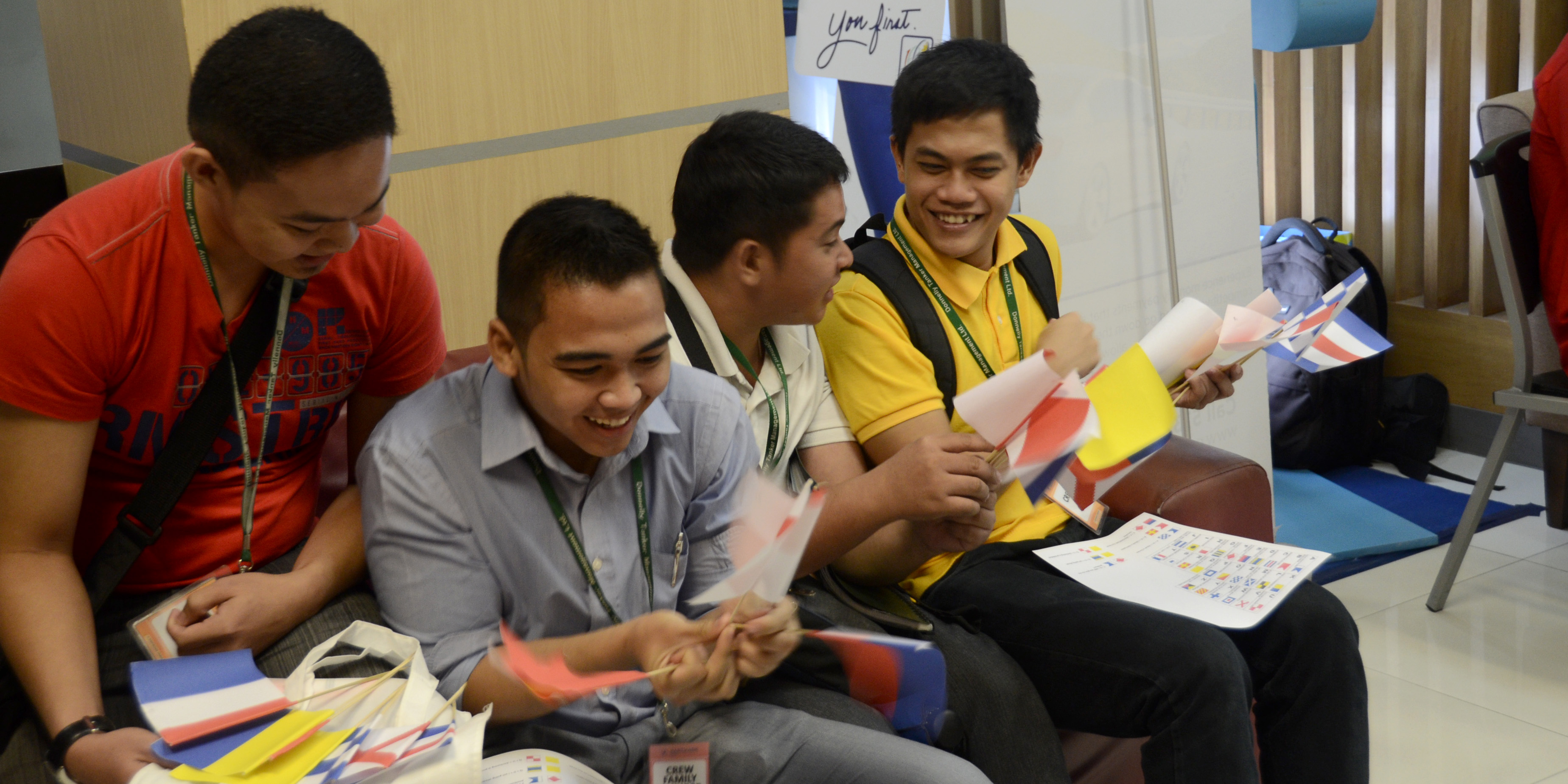News
Find out what's new at Hartmann Crew Philippines
For press inquiries and concerns, please contact the Corporate Communications office of Hartmann Crew Philippines.
Email: ccfc@hartmannph.com
RA 12021 The Magna Carta of Seafarers: A Solution to Ambulance Chasing in the Philippines
The Philippine Magna Carta of Seafarers, enacted on September 23rd, 2024, is a landmark victory for seafarers' rights and marks a significant shift in the maritime industry. While it introduces a new landscape for shipowners and ship managers, it ultimately fosters a fairer and more sustainable environment for all stakeholders.
The Philippines, a global seafaring powerhouse, has long struggled with "ambulance chasing" in maritime labor disputes. This practice, where opportunistic legal representatives prey on vulnerable seafarers and their families, often leads to frivolous claims, prolonged litigation, and damaged relationships between seafarers and shipowners.
The Problem of Ambulance Chasing
From a shipowner's perspective, ambulance chasing manifests as a surge of often exaggerated or unfounded claims following a seafarer's injury or illness. This practice not only increases legal costs but also erodes trust between employers and their seafaring workforce.
However, the recent enactment of the Magna Carta of Seafarers provides shipowners with a beacon of hope. This legislation protects seafarers' rights while fostering a more balanced and harmonious labor environment.
Key Provisions Addressing Ambulance Chasing:
Regulation of Legal Fees: The Magna Carta caps legal fees at 10% of the awarded compensation, curbing the financial incentive for ambulance chasers to pursue frivolous claims.
Prohibition of Non-Lawyers: The law prohibits non-lawyers from representing seafarers in legal proceedings, ensuring that seafarers receive competent legal counsel and preventing exploitation by unqualified individuals.
Mandatory Third Doctor Assessment: In disability disputes, the Magna Carta mandates a third doctor assessment, independent of both the company-designated physician and the seafarer's personal doctor, to provide an objective evaluation and minimize conflicting medical opinions.
One of the most significant provisions of the Magna Carta is the requirement for seafarers to post a bond for the disputed amount of a claim when seeking immediate enforcement of a judgment award pending appeal. While this may seem like a hurdle for seafarers, it actually offers several benefits for both parties:
For seafarers, the Magna Carta offers a crucial advantage: undisputed amounts in a claim are immediately executory, even while under review. This means seafarers receive acknowledged payments promptly, providing much-needed financial support during potentially lengthy appeals.
However, for disputed amounts, the seafarer must post a bond to ensure full restitution if the appeal is unsuccessful. This bond is maintained until the final resolution of the case. Importantly, the Magna Carta stipulates that the cost of this bond is reimbursed by the losing party if the seafarer wins the appeal. This ensures that, in case of restitution, shipowners or manning agencies cannot seize the seafarer's personal property or life savings.
For Shipowners: It protects them from the risk of irrecoverable payouts in cases where the judgment is ultimately overturned or modified on appeal.
This provision strikes a balance between the seafarer's need for timely financial assistance and the shipowner's right to contest claims without facing undue financial burden.
Q&A on the Magna Carta
To further clarify the implications of the Magna Carta, let's delve into some frequently asked questions:
Q: Can a seafarer enforce a judgment award while the case is pending appeal?
A: Yes, but only for the undisputed amount. For the disputed portion, a bond must be posted.
Q: Who determines the final disability grading in case of conflicting medical assessments?
A: A third doctor, chosen from a pool of DOH-accredited specialists, will provide a binding assessment.
Q: Can a non-lawyer represent a seafarer in legal proceedings?
A: No, only licensed lawyers can represent seafarers.
Conclusion
The Magna Carta of Seafarers heralds a new era in Philippine maritime labor relations. By addressing the root causes of ambulance chasing, it promotes fairness, transparency, and mutual respect between seafarers and shipowners. The bond requirement, in particular, exemplifies the balanced approach of the law, ensuring both parties are protected while promoting efficient dispute resolution.
This legislation is a testament to the Philippines' commitment to safeguarding the welfare of its seafarers while fostering a sustainable and harmonious maritime industry.
#NoToAmbulanceChasing #MagnaCartaOfSeafarers #Seafarers #Shipping #MaritimeIndustry #Philippines #Maritime
C a t e g o r y
Career (35)
COVID-19 (4)
Event (58)
Family (18)
Features (29)
Health (11)
Industry (44)
ISNTC (9)
MMPC (12)
News (79)
Videos (7)
A r c h i v e
February 2025 (2)
January 2025 (4)
December 2024 (8)
November 2024 (3)
October 2024 (3)
July 2024 (1)
June 2024 (4)
March 2024 (1)
February 2024 (2)
January 2024 (2)
October 2023 (2)
June 2023 (2)
March 2023 (1)
February 2023 (1)
January 2023 (2)

